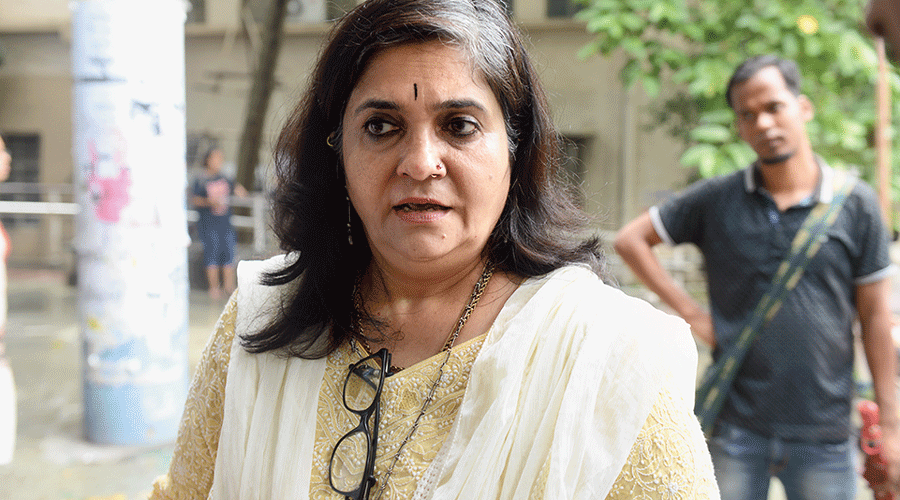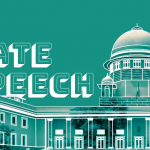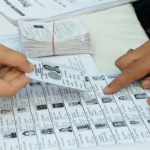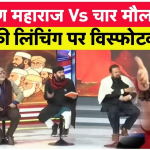India rarely saw accountability of state in targeted violence, says Teesta Setalvad The Telegraph
03, Oct 2022
Survivors have to face difficulties in ensuring punishment for the perpetrators

Social activist Teesta Setalvad on Sunday said the country has rarely seen accountability of the state as far as targeted violence is concerned, and added that survivors and citizens supporting them are among the “fallout” of such violence.
Delivering the Girish Patel Smarnanjali Lecture here, Setalvad said the story of targeted violence begins with the build up that is created with hate speeches and hate writings.
The survivors of such violence have to face difficulties in ensuring punishment for the perpetrators, she added.
“What is a fallout? State accountability happens rarely in our country. How many people have been punished in (riots of) 1984, 1992 and 2002? These are the questions before us. And the difficulties that survivors have to face to ensure punishment and citizens for supporting them are the issues that come up,” she said.
Setalvad was recently arrested by Gujarat police in a case of alleged fabrication of evidence to frame innocent people in 2002 Gujarat riots cases in which a large number of people, especially those from the minority community, were killed. She was recently granted interim bail by the Supreme Court.
Setalvad, who fought for the survivors of the 2002 riots in the state, said working on a deeply polarising issue among the public is not an easy one, adding that the impact of social media on polarisation is also overwhelming.
“The people in power who are controlling social media are the same that have spent 70-80 years in the society, on the roads, among doctors, lawyers, and cultural organisations to capture them. Power is degenerative, but they have worked hard,” she said.
The process being witnessed in the country is that of people perpetrating the violence and the party in power lending its support, and this has an old history, she said.
What happened after the demolition of Babri Masjid on December 6, 1992 appears to repeat itself, she claimed.
“We saw a harking back to an earlier period. We need to understand the phenomenon as to what was happening in the country between 1986 and 1992, and what are we looking at now and what happened in between,” she said.
Today, one also has to grapple with the media, which are carrying out a set agenda of “targeting individuals and movements who have in any way threatened it.”
She said the buffer against polarisation and hate politics will build on its own if one is successful in holding on to social, political, constitutional and human rights engagements.
“The stamina we require for sustained, rigorous action sometimes fails us because everything is overwhelming…Somehow we need to get back to this language where we actually talk about how we can build this buffer zone to make sure the Constitution stays alive among our people,” said the former journalist.
She said people know of the promises made to them in the Indian Constitution, but are getting overwhelmed by the divisive propaganda coming from different directions.
The big challenge in this situation is to get back to an agenda of constitutionalism and make sure the battle for the Constitution is fought in a real sense, Setalvad said, and called for the need of collective risk taking rather than individual risk taking.
“Collective is more difficult to become a target. Can we collectively articulate certain issues? Silence is not an option,” she said.
She also talked about the issue of “citizenship” (regarding National Register of Citizens, Citizenship Amendment Act) and said the people trapped in its net are nearly one third of the population of Assam.
“To take up their case, from tribunal to the Supreme Court, is an impossible job. So there has to be a political solution, there has to be a solution which decides on what basis notices are being issued to common people. They are malafide and wrong and need to be questioned and stopped,” she said.
She added there is a need to look at prison reforms and prison monitoring, and bail courts.
Talking about Mahatma Gandhi, she said the first attempt to rewrite history after Independence was regarding his assassination.
She claimed Gandhi’s speech asking the Sanatan Hindu religion to repent for Dalit and Harijan atrocitiesand calling for India to be a secular country were the reasons for the assassination, and attempts made for the same in the past.
The original piece may be read here










